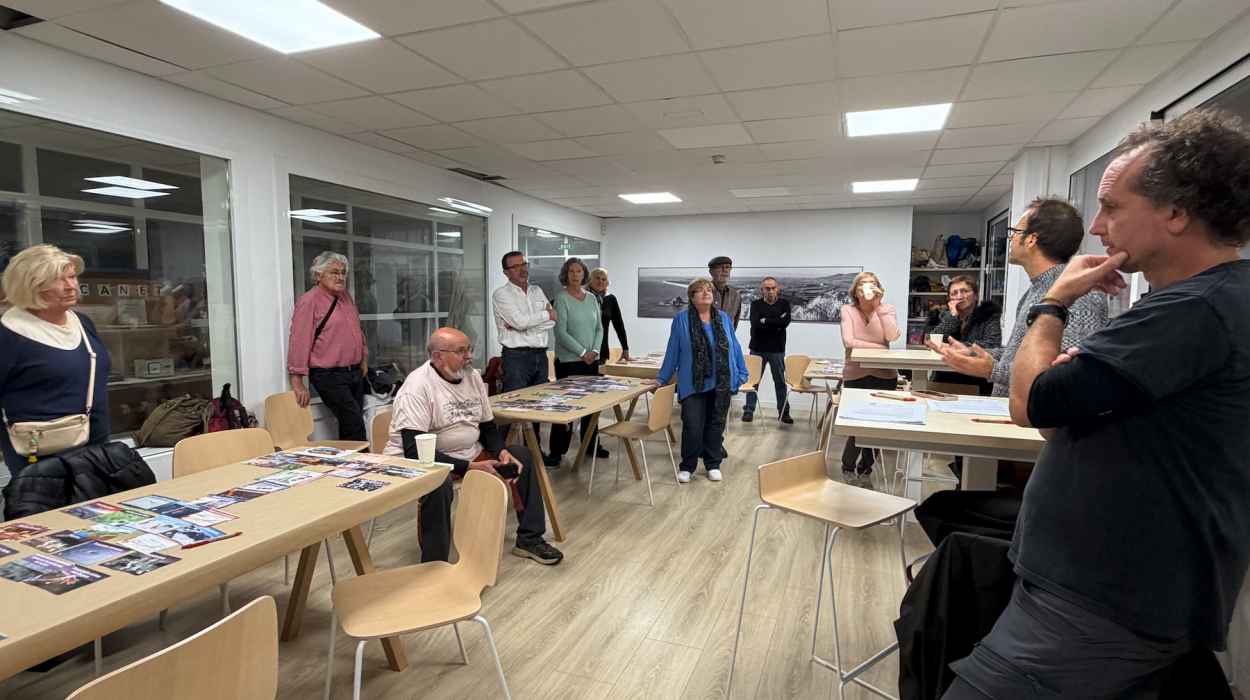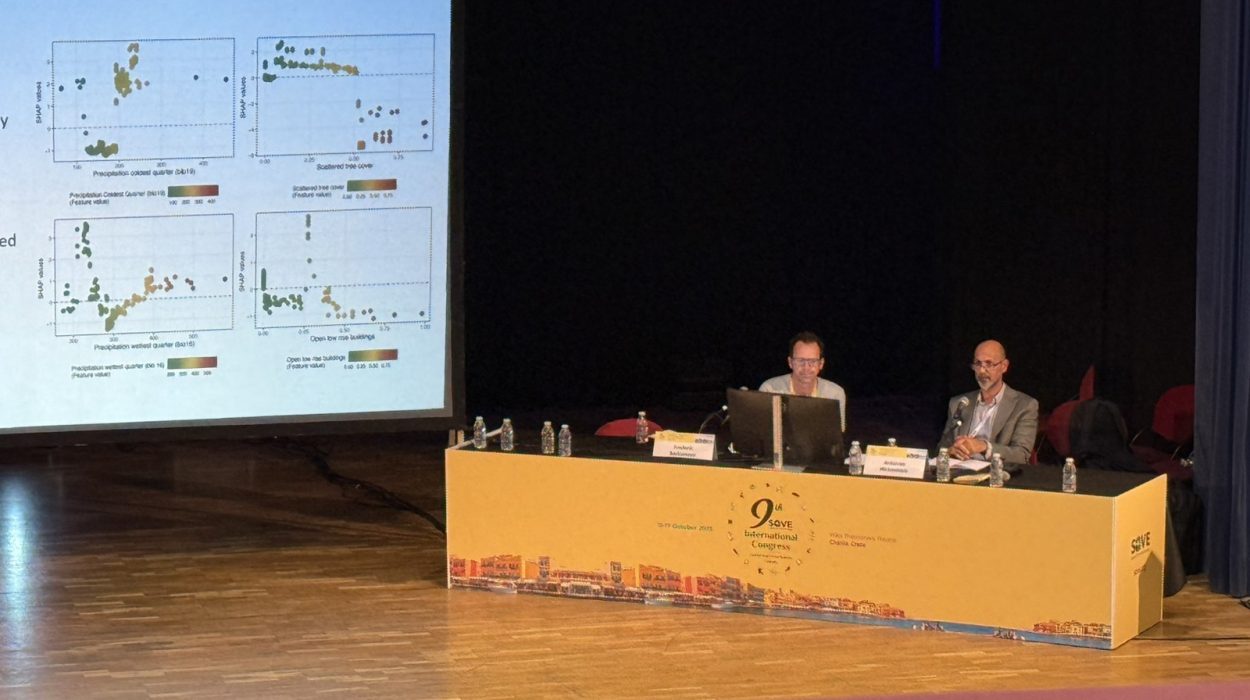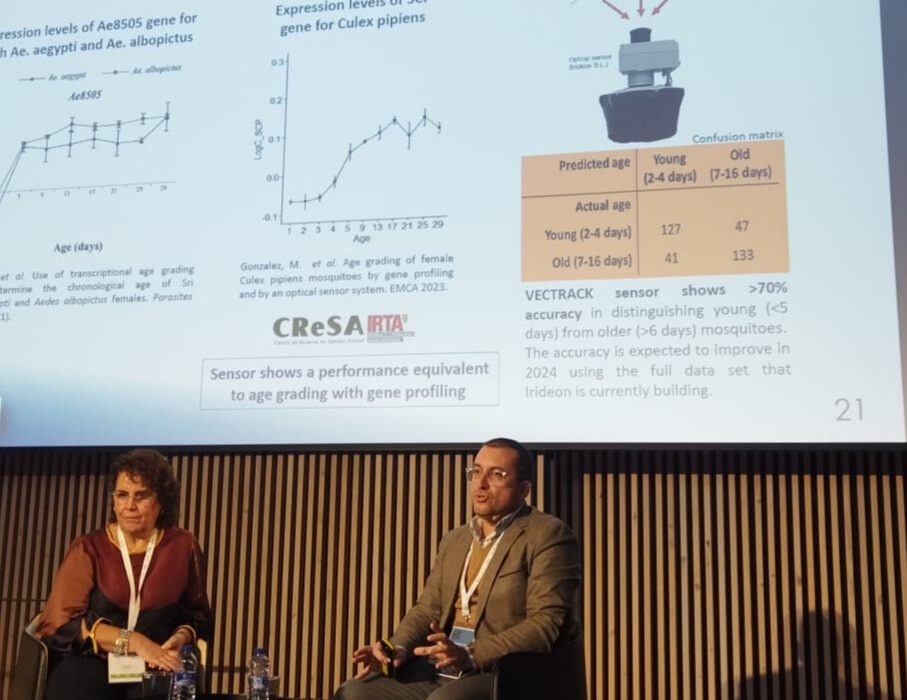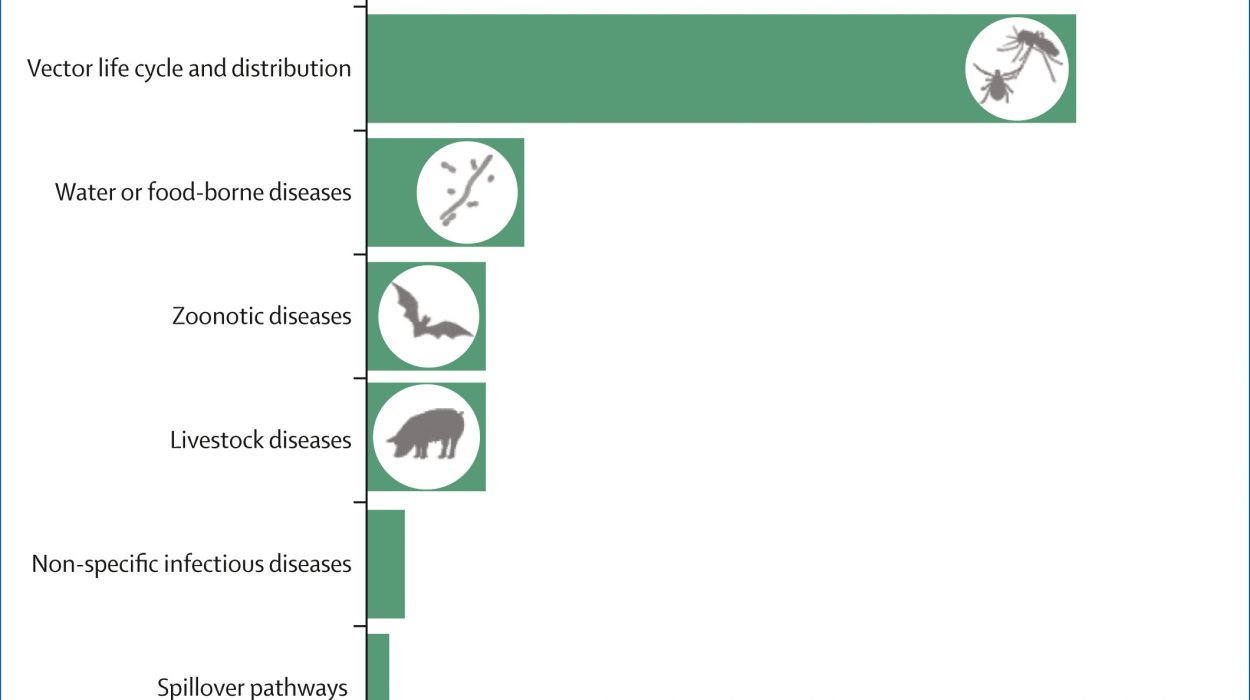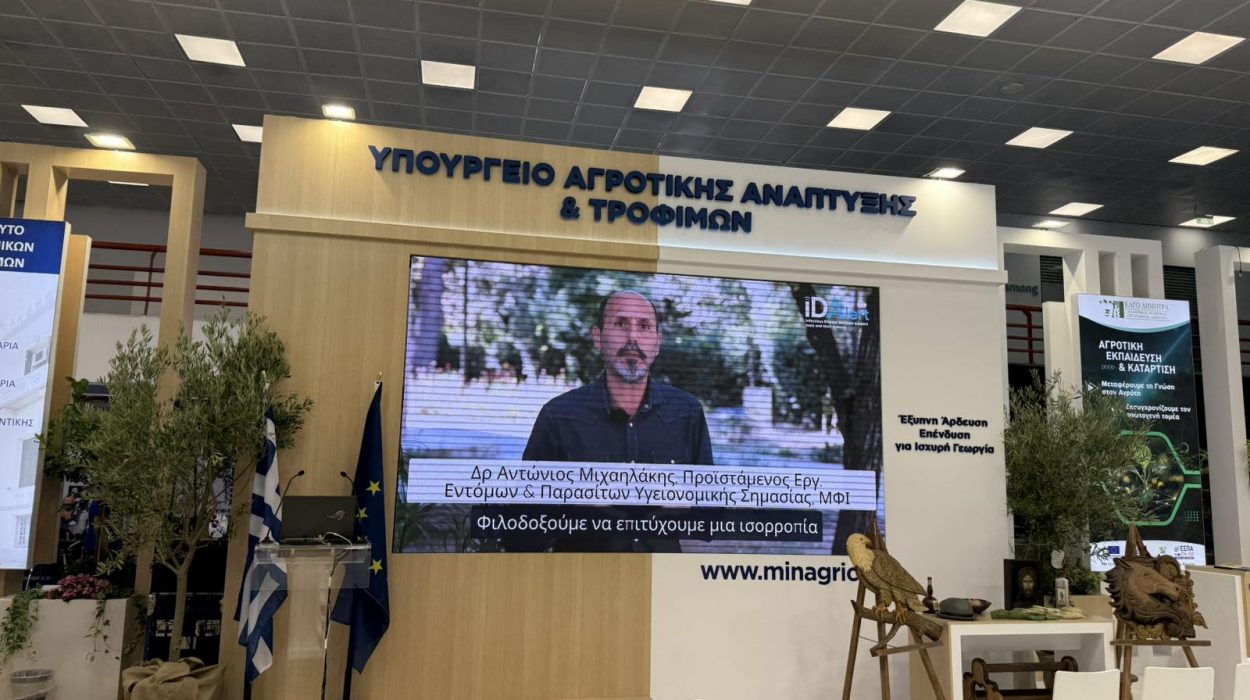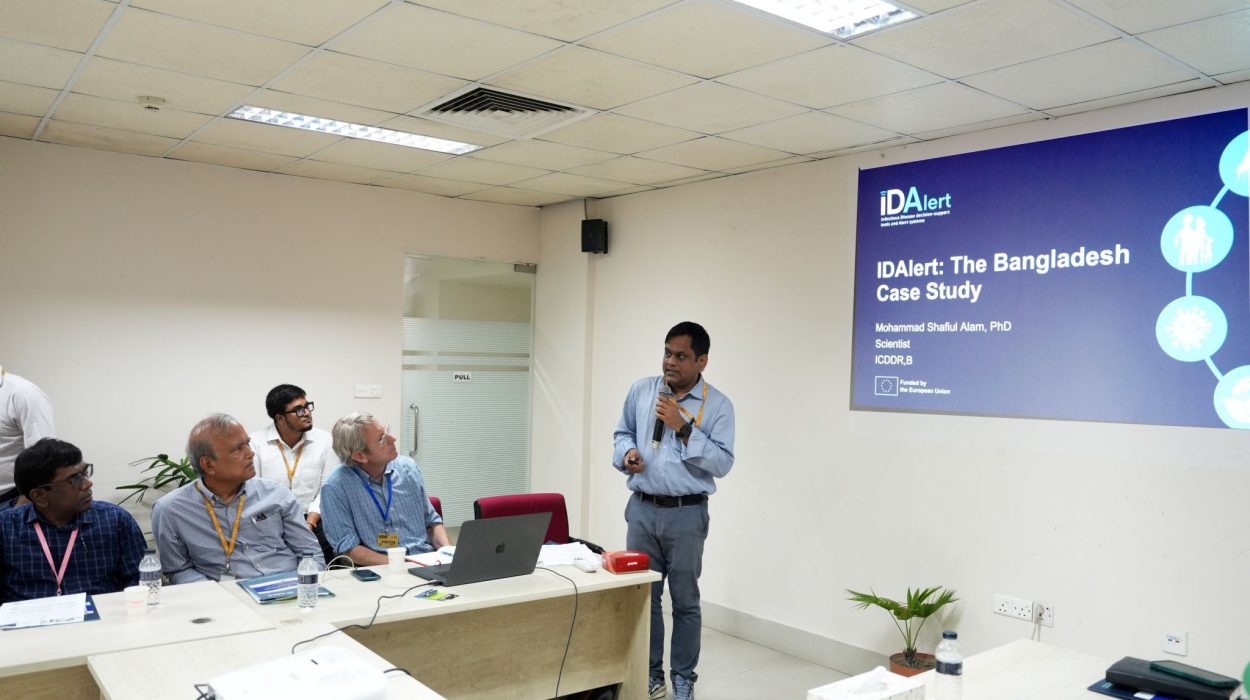Tackling the emergence and transmission of pathogens
to improve Europe’s resilience to health threats linked to infectious diseases
Addressing the impacts of climate change on the emergence and spread of infectious diseases
As our planet heats up due to climate change, outbreaks of zoonotic diseases – diseases that spread from animals to humans – are increasing and expanding to new parts of the world, in particular Europe. Warmer temperatures, more variable rainfall, and the loss of biodiversity influence the survival and spread of zoonotic pathogens, and the reproduction and geographic location of their vectors, such as mosquitoes or ticks.
Past and recent health crises, including the COVID-19 pandemic, have shown there is a need for stronger and more inclusive preparedness and responsiveness to epidemic-prone pathogens at the EU and global level.
IDAlert aims to tackle this challenge by developing a range of decision-support tools and systems to enable decision-makers to act on time with improved responses.



6 Horizon Europe projects, BlueAdapt, CATALYSE, CLIMOS, HIGH Horizons, IDAlert, and TRIGGER, form the climate change and health cluster.
All cluster projects address climate change-induced health risks and help increase preparedness and adaptation by creating synergies, sharing experiences and knowledge, and developing aligned communication actions to maximise impact.
A UNIQUE APPROACH
Co-creation and One Health perspective
IDAlert is developing tools tailored to key stakeholders which help to improve anticipation, forecasting, and understanding of future risks of disease emergence and spread.
For this, the project is implementing an innovative co-creation, participatory, and citizen science approach, involving stakeholders to understand their needs and address gaps.
In addition, an EcoHealth and One Health systems perspective is integrated into the research, taking account of the close connection between humans, animals, the environment, and the increase in infectious diseases.

Project highlights
Updates, reports, events
Case studies
The validity of the tools and methods developed in the project will be demonstrated in 5 key hotspot sites in collaboration with local stakeholders in Spain, The Netherlands, Greece, Sweden, and Bangladesh, which are experiencing rapid urban transformation and climate-induced disease threats.
GREECE
Attica Region including Athens Municipality
Stakeholder: Benaki Phytopathological Institute (BPI)
SPAIN
Girona Province, & Barcelona Municipality
Stakeholder: Mosquito Control Service of Girona, Public Health Agency of Girona (DIPSALUT), Public Health Agency of Barcelona (ASPB)
THE NETHERLANDS
South Holland Province, Rotterdam Municipality
Stakeholder: Municipal health service Rotterdam, Rotterdam Municipality
SWEDEN
Uppsala County & Stockholm Municipality
Stakeholder: Swedish Veterinary
Institute (SVA)
BANGLADESH
Dhaka Municipality & Teknaf Subdistrict
Stakeholder: International Centre for Diarrhoeal Disease Research, Bangladesh (iccdr,b)
GERMANY
Heidelberg & Rhein-Neckar-Kreis
Stakeholder: Heidelberg Institute of Global Health (HIGH), Interdisciplinary Center for Scientific Computing (IWR)
Consortium partners
The consortium involves 19 organisations from Sweden, Germany, France, Spain, Greece, The Netherlands, Italy, UK, and Bangladesh, with world leading experts in a wide range of disciplines including zoonoses, infectious disease epidemiology, social sciences, artificial intelligence, environmental economics, and environmental and climate sciences.



















Stay informed
Sign up to be informed about the project’s developments and results through our newsletters, and receive invitations to our events and trainings.

